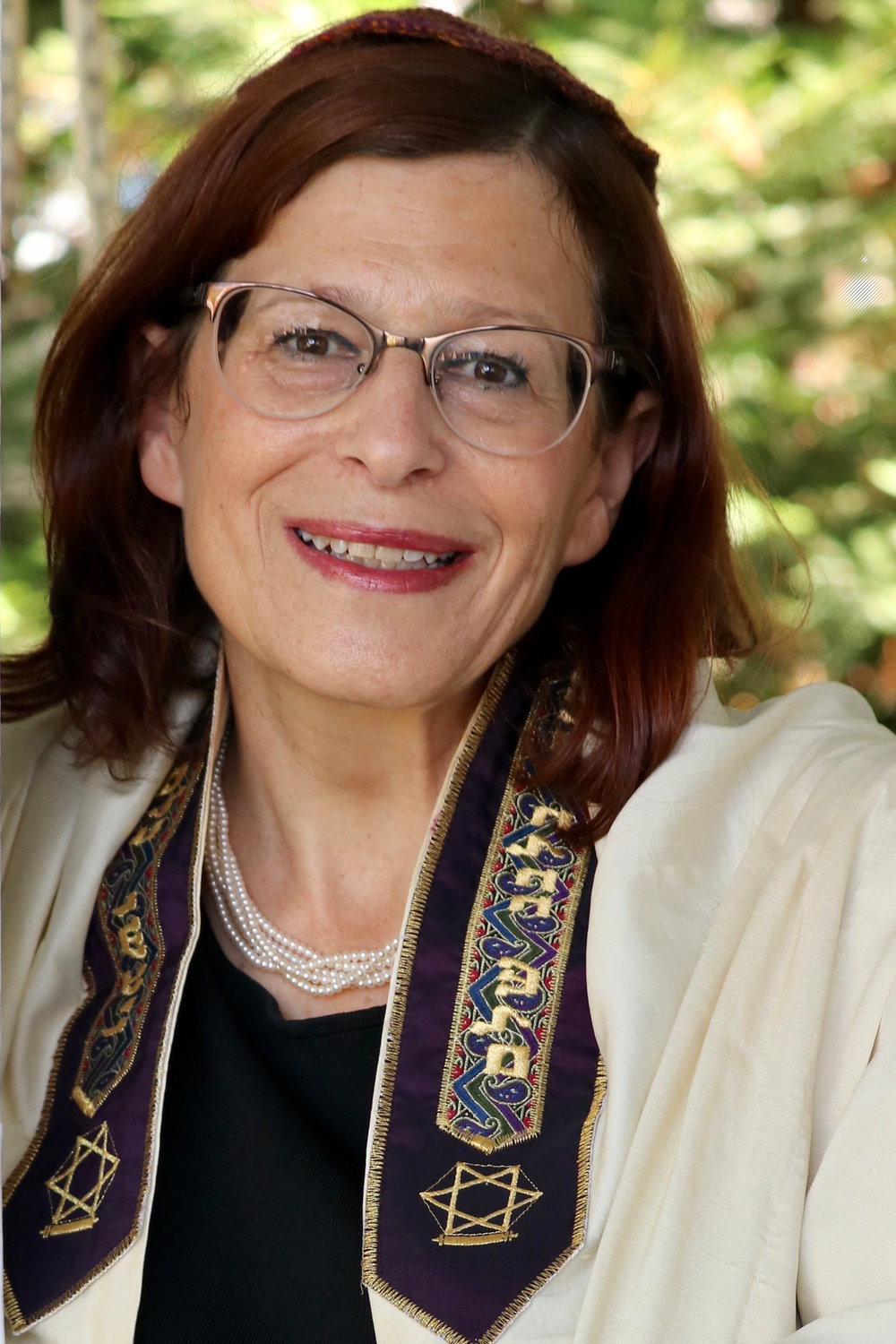Celebrating the Festival of Freedom
Last year at this time, I was holding out hope that the novel coronavirus that had come to the U.S. really would peak and blow over quickly, and that we’d be able to hold our third annual Community Passover Seder at the Malverne Jewish Center. It was also hard to comprehend the idea that I’d be preparing for our second annual Zoom seder, but here I am, and here we are.
The festival of Passover celebrates freedom from tyranny, and the redemption of the Israelites from slavery in Egypt. The Hebrew word for Egypt is “Mitzrayim,” which we can translate as “narrow places.” If you look at a map of Egypt from space, you’ll see that alongside the two banks of the Nile River, two narrow strips–the heavily populated areas–are brightly lit, and very little else is.
Metaphorically speaking, we’ve been living in mitzrayim — narrow spaces — for the past year. All but essential business shut down, and even after many places were allowed to open, many, if not most, of us, chose not to go to them. The virus enslaved us and narrowed our lives.
While the Passover story celebrates Yetziat Mitzrayim, “The Going Out of Egypt,” it’s also–perhaps even more so — a story of resilience in the face of hardship. My friend, Rabbi Peg Kershenbaum, shared a story that boils down (pun intended) to this: a raw egg, a carrot and a scoop of coffee are each placed in boiling water. After about five minutes, the egg hardens, and the carrot softens. The coffee, however, has transformed the water. All three items were placed in the same environment, yet each responded differently.
During the Passover seder, we hold up a piece of matza and call it “lechem oni,” the “bread of affliction.” By the time we’re ready to eat our meal, and have told the story, it has become transformed into the bread of freedom. It’s still the same matza, but our perspective changes. And for those whose custom it is to eat gebrokts (wet matza), the possibilities of transforming this plain, dry cracker into all kinds of sweet and savory dishes (matza crack, anyone?) is nothing short of miraculous, in my book.
But getting back to the parable, sometimes we’re the egg, other times the carrot, and other times the coffee. This Passover, as we acknowledge the challenges of the past year, may we be blessed to celebrate the Festival of Freedom as we pray for freedom for all — from racism, genocide, poverty and food insecurity, slavery and dehumanization — and work towards making that happen. Jewish tradition teaches that we are not free until everyone in the world is free. This time next year, may our seders be in-person and may we have moved ever closer to redemption for all.
I wish you and your loved ones a chag sameach v’kasher, a zissen pesach, a Happy Passover.
Susan Elkodsi is the rabbi for the Malverne Jewish Center, at 1 Norwood Ave., Malverne.

 50.0°,
Overcast
50.0°,
Overcast 




